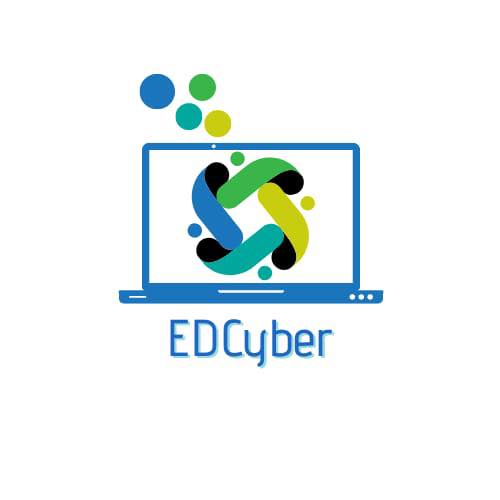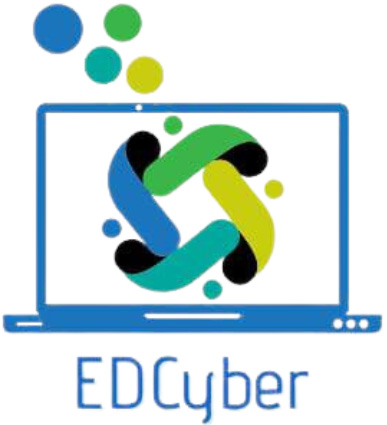Objectives
The general objective of the project is to promote European digital citizenship in young people, through the cyberanimation approach.
The specific objectives of the project are the following:
- To develop specific knowledge and skills in youth workers and young people related to the cyberanimation approach, such as updating and adapting educational practices of sociocultural animation to the new paradigms generated by the Information Society Technologies. This includes also skills that will allow the creation of youth cyber communities that promote dialogue, critical awareness, social change, productive interaction, structuring of human communities, solidarity and sustainable development, promotion of inclusive societies.
- To develop specific skills and attitudes on youth workers, related to the practice of cyber-animation as a means to consolidate European digital citizenship. These skills include: contrast information, critical analysis and social debate, mediation of communication, facilitation of access to networks, dynamization of community mechanisms, decoding and critical vision of virtual reality, acting as a meeting point between the dynamics of communication and the world of technologies, promotion of community development, e-participation, e-identity and e-communication.
- To develop democratic skills for young people. These skills are related to critical thinking, problem solving, decision making, active participation, democratic inclusion, etc.
- To increase the collective pro-active action of young people in relation with issues and challenges that they face in local, national and European level through the organisation of relevant campaigns, promotion of the taking of a more pro-active stance on social issues that affect them etc.
- To increase the cooperation and networking between youth orgnaisations at the European level for issues related with democratic participation
- To develop in youth workers and young people skills that allow them to have a better understanding of virtual environments in terms of their socio-cultural dynamics, the principles that govern this reality, the potential that they represent, as well as the challenges they must face to contrast current phenomena such as hate speech, disinformation, the spread of anti-democratic ideas, etc.

Co-funded by the European Union. Views and opinions expressed are however those of the author(s) only and do not necessarily reflect those of the European Union or the European Education and Culture Executive Agency (EACEA). Neither the European Union nor EACEA can be held responsible for them.

